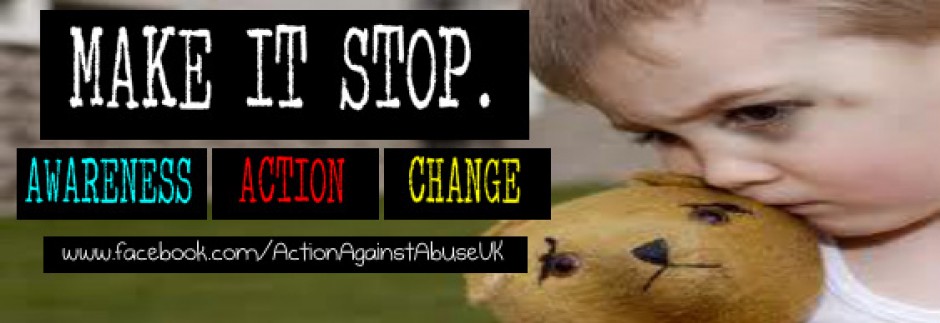If a victim escapes death and survives without serious injury, child abuse can still have very serious long lasting effects on a child’s emotional well-being, mental/physical health and development. The child’s age, the frequency of the abuse and how long it has been happening, all influence how much they will be affected by it. But sometimes a severe isolated incident can affect a child as badly as on-going abuse.
There is no escaping the fact that child abuse is extremely damaging. Whatever form it takes, abuse undermines a child’s ability to trust others, reduces their confidence and leaves them vulnerable. Childhood is when an understanding of the world is developed. If childhood has been a time of fear, violence, pain, sadness, neglect and loneliness, if a person has been betrayed by the very people responsible for providing love and stability when he or she was at their most impressionable and vulnerable, then the effects and influences of this betrayal may, if left untreated and unresolved, taint many generations to come.
Victims of childhood abuse may exhibit some of the following behaviours: academic difficulties; aggressive behaviour; alcohol and/or other drug abuse; anxiety; attention problems; bad dreams; bed wetting; behaviour problems; chronic pain; compulsive sexual behaviours; concentration problems; dangerous behaviour such as speeding; dehydration; depression; dissociate states; eating disorders; failure to thrive; fear or shyness; fear of certain adults or places; frequent injuries; insomnia; learning problems; lying; malnutrition; oppositionality; panic attacks; physical symptoms such as headaches and stomach aches; repeated self-injury; risky sexual behaviours; running away; self neglect; separation anxiety; sexual dysfunction; sleep disorders; social withdrawal; stealing; stuttering; substance abuse; suicide attempts; thumb-sucking or any age-inappropriate behaviour; and truancy and difficulty in forming and sustaining lasting meaningful relationships, among other potential behavioural problems.
Perhaps the most damaging legacy for some survivors of child abuse is the ‘cycle of abuse’ where an adult who was abused as a child goes on to abuse their own, or other, children. Having learned that anger and frustration is dealt with through violence, intimidation or aggression, victims of child abuse may go on to parent their children in the same way. Suffering from low self-esteem or a lack of self-worth, they may see their children as extensions of themselves and not worthy of being loved and cared for. They may also become involved with violent partners believing that this kind of relationship is normal/acceptable.
Of course it is important to emphasize that different personalities will deal with abuse in different ways. Some victims of abuse are born with a natural resilience or receive effective support or counseling post-abuse that enables them to have happy, successful and fulfilling lives. Many abuse victims, informed by their own terrible childhoods and determined not to subject their children to the same experiences, will become loving, nurturing and caring parents. Though even people who appear outwardly to have triumphed over the devastating experiences of their pasts may still be living with the consequences of what happened to them as children.
The consequences of child abuse can be devastating to victims, and can resonate through communities and generations, causing many problems for individuals, families and society. Not only is it our ethical and moral obligation as citizens of civilized society to protect and care for all our vulnerable children, but it is also beneficial to us as a society, enabling us to create stronger, safer more enriching communities for everyone.




